Mysql version is 6.7+
Example of the column I need to get a value from below.
json_extract(goal_templates.template_data, group_concat('$.resources'))
->This results in a NULL return for all rows.
| :template_data |
|---|
{"Resolve housing issues": {"tasks": [{"name": "Use Decision Map to explore paths to resolving'' housing issue", "end_date": "15 days", "taskType": 3, "help_text": "", "resources": [], "start_date": "today", "actionOrder": "1", "recur_every": "", "resource_reference_id": ""}, {"name": "Select a local Debt & Credit Counseling Service", "end_date": "15 days", "taskType": 3, "help_text": "Add & tag local Credit & Debt Counseling Service (Organization)", "resources": ["14579", "14580"], "start_date": "today", "actionOrder": "2", "recur_every": "", "resource_reference_id": "14579, 14580"}, {"name": "[Schedule Credit & Debt Counseling as SGE or RGE]", "end_date": "15 days", "taskType": 3, "help_text": "", "resources": [], "start_date": "today", "actionOrder": "3", "recur_every": "", "resource_reference_id": ""}, {"name": "Rate resource for benefit of those who follow", "end_date": "15 days", "taskType": 3, "help_text": "", "resources": [], "start_date": "today", "actionOrder": "4", "recur_every": "", "resource_reference_id": ""}], "sequence_num": "1"}} |

